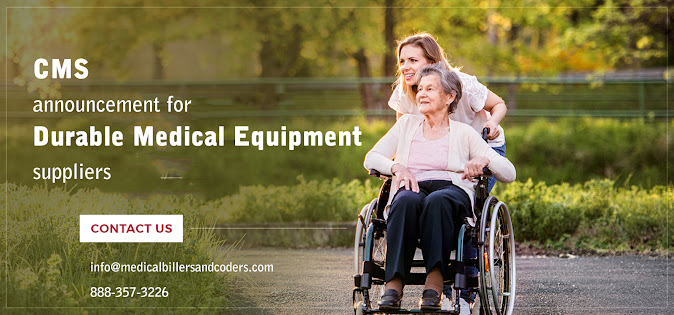Physician Liability for DMEPOS Medical Necessity

The Medicare program just pays for health care services that are medically necessary. In figuring out what services are medically necessary, Medicare primarily depends on the expert judgment of the recipient's treating physician, since the person knows the patient's set of experiences and settles on basic choices, for example, conceding the patient to the hospital; requesting tests, medications, and therapies, and deciding the length of therapy. At the end of the day, the physician has a vital part in deciding both the medical requirement for and use of, numerous health care services, including those outfitted and charged by different suppliers and providers. Physicians are needed to confirm the medical necessity for any help for which they submit bills to the Medicare program. Physicians are associated with authenticating the medical necessity when requesting services or supplies that should be charged and given by a free provider or supplier. Medicare expects physicians to





